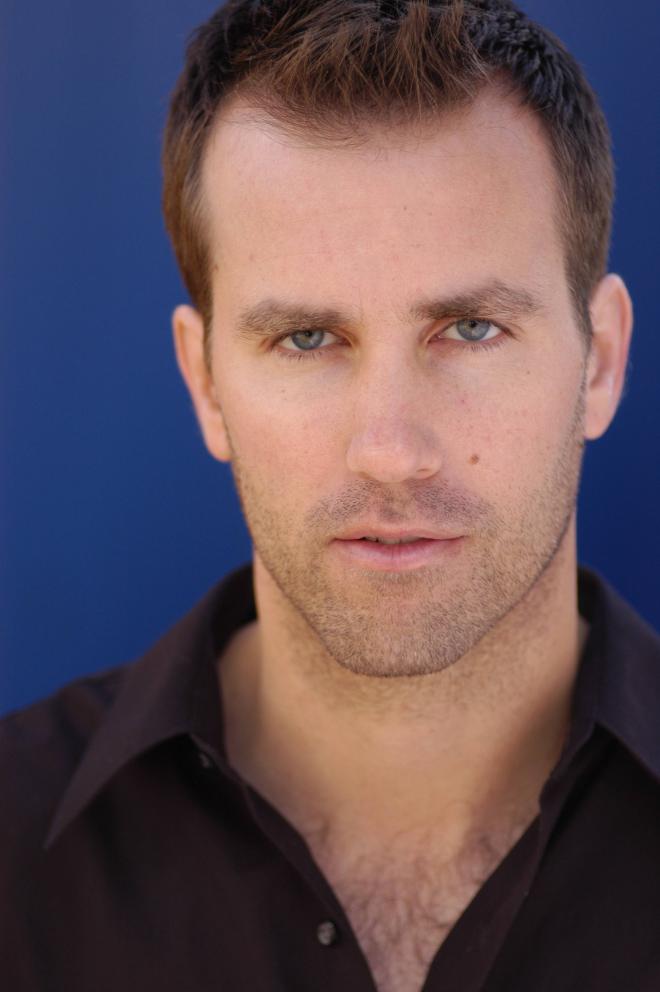President-elect Donald Trump has nominated Brian Burch, a prominent figure in Catholic advocacy, to serve as the U.S. ambassador to the Vatican. This nomination underscores Burch's significant influence and his deep ties within the Catholic community. Brian Burch resides in the Chicago suburbs and currently leads a Catholic organization, further solidifying his credentials for this diplomatic role.
Who is Brian Burch?
Brian Burch is the President and Co-Founder of CatholicVote, a faith-based advocacy organization headquartered in Madison, Wisconsin. Known for his staunch conservative views and vocal criticism of certain Vatican policies, Burch has become a recognizable name in both religious and political circles. His leadership at CatholicVote has been marked by aggressive campaigns targeting various social issues, often leveraging digital platforms to reach a broad audience.
Catholic Advocacy and Political Influence
Burch’s work with CatholicVote has played a pivotal role in shaping Catholic voter engagement in recent elections. Under his guidance, the organization launched a $10 million campaign aimed at influencing churchgoers through targeted messaging on smartphones. Critics argue that these efforts sometimes rely on unfounded allegations, but supporters credit Burch with galvanizing a crucial voting bloc.
In 2024, Burch continued to bolster Catholic support for Donald Trump, emphasizing themes such as family values and religious freedom. His ability to mobilize grassroots networks has earned him recognition as a key player in modern conservative politics.
Financial Transparency and Leadership
As a leader of a nonprofit organization, Burch operates within the financial framework disclosed in CatholicVote's Form 990 filings. According to extracted data from recent tax documents, CatholicVote reported revenue exceeding $4.5 million and expenses nearing $5.8 million, resulting in a net loss of over $1.2 million. Burch himself received an annual salary of approximately $172,044, reflecting standard compensation for executives in similar organizations.
Transparency in leadership extends beyond financial disclosures. Burch's public statements often highlight his commitment to defending what he perceives as threats to traditional Catholic teachings. For instance, he once described certain policy proposals as posing an existential threat to core principles upheld by the Church.
A Skeptical View: Criticism and Controversy
Despite his prominence, Burch remains a polarizing figure. Some observers question whether his focus on partisan politics aligns with the universal mission of the Catholic Church. Others point out potential conflicts of interest when faith-based advocacy intersects with electoral strategy.
Additionally, Burch’s relationship with Pope Francis has drawn scrutiny. As a vocal critic of the pontiff’s progressive stances on climate change and social justice, Burch finds himself at odds with Vatican priorities. This tension came into sharp relief during a high-profile meeting between Pope Francis and Amazon founder Jeff Bezos, where discussions centered on environmental sustainability—a topic Burch has historically downplayed.
Personal Life and Legacy
Beyond his professional endeavors, Brian Burch maintains strong connections within his community. Those who have worked with him describe him as an adept attorney and a dedicated advocate for estate planning among high-net-worth individuals. However, like many public figures, his legacy will likely be defined by the impact of his actions on both the Catholic Church and American politics.
For those interested in learning more about Brian Burch, resources include biographies, interviews, and commentary featured across various media outlets. These materials provide deeper insights into his philosophy, achievements, and challenges throughout his career.
Conclusion
The nomination of Brian Burch as U.S. ambassador to the Vatican represents a significant moment in the intersection of religion and diplomacy. While his qualifications are undeniable, questions remain about how his tenure might influence relations between Washington and Rome. As debates around faith, politics, and global responsibility continue, Brian Burch stands as a symbol of the evolving dynamics shaping contemporary discourse.
In a world increasingly characterized by complexity and division, understanding figures like Brian Burch offers valuable context for navigating these conversations. Whether viewed as a champion of tradition or a controversial figurehead, his journey exemplifies the power of conviction—and its consequences—in today’s interconnected society.

